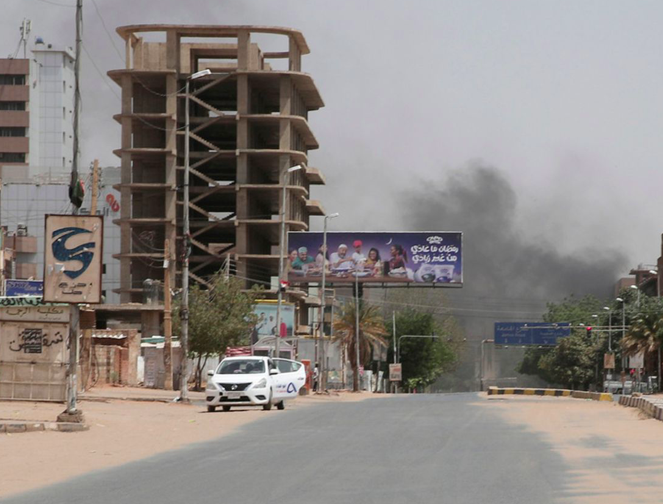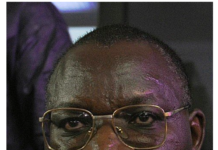The ongoing conflict in Sudan between the army led by General Abdel Fattah Al-Burhan and the Rapid Support Forces (RSF) of General Mohammed Hamdan Daglo, also known as “Hemetti,” has resulted in a humanitarian crisis with at least 700 deaths, 5,000 injuries, 335,000 displaced persons, and 115,000 refugees. The situation has prompted international efforts for a ceasefire and relief aid to mitigate the crisis.
The United States and Saudi Arabia have facilitated pre-negotiations between the two parties in Djedda, Saudi Arabia, to work towards a ceasefire and end the conflict. Both countries urge the parties to consider the interests of the Sudanese nation and actively engage in the discussions towards peace. However, the conflict has continued with airstrikes and explosions reported in different parts of Khartoum.
The United Nations (UN) envoy to Sudan, Volker Perthes, has indicated that the belligerents have agreed to technical discussions on the modalities of a ceasefire, with Saudi Arabia as a possible meeting place. A return to political negotiations on the country’s future will only be possible after a true truce, Perthes argued.
The conflict has exacerbated the already dire food situation in Sudan, where one in three people suffered from hunger. The UN estimates that between 2 and 2.5 million more people may suffer from acute malnutrition within six months if the conflict persists. The humanitarian crisis has prompted the UN Human Rights Council to hold a special session on May 11, almost a month after the hostilities began. The League of Arab States will also discuss “the Sudanese issue” on Sunday, following several discussions between the leaders of the African Union and the Intergovernmental Authority on Development (IGAD).
The US-Saudi mediation does not always align with other regional efforts to end the fighting. According to US intelligence, the conflict could last for a long time because “both sides believe they can win militarily and have little reason to come to the negotiating table” for political discussions. The UN warns that 860,000 people, including Sudanese and many South Sudanese returning to their country, could cross borders in the coming months and calls for €402 million in aid to assist the country, one of the world’s poorest. “More than 56,000 people” have arrived in Egypt, “30,000 in Chad,” “more than 12,000” in Ethiopia, and 10,000 in the Central African Republic, according to the UN.
The conflict in Sudan is not new, as the country has faced decades of political instability and violence. In 2019, Sudan experienced a political transition from a military Islamist dictatorship to military rule under the Transitional Military Council, which General Burhan led. However, the recent conflict shows that the situation in Sudan remains fragile, and the country needs a stable and inclusive political system to address its challenges.
































































